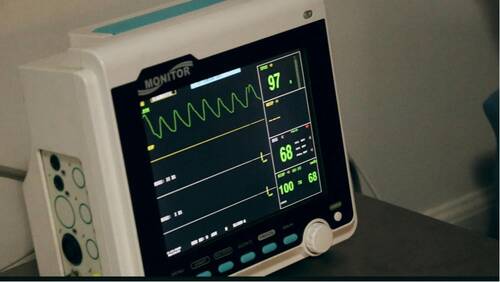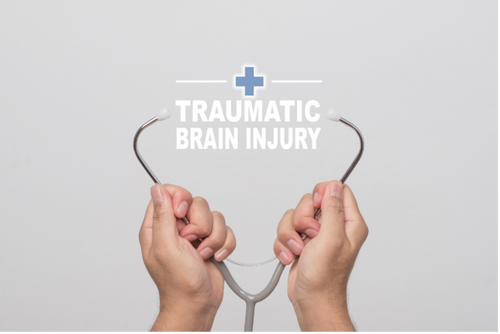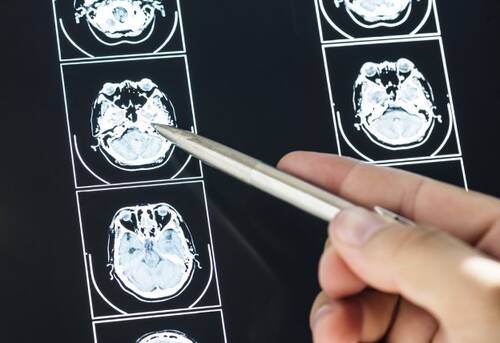In recent years, yoga has expanded far beyond the boundaries of the studio. It has become a holistic practice that supports mental clarity, emotional well-being, and physical strength—all from the comfort of home or while traveling. While many people are drawn to yoga for its physical benefits, an increasing number are also turning to it for stress relief, self-reflection, and inner calm. As digital learning tools continue to grow, two platforms stand out for their commitment to integrating movement with mindfulness:
The Merrymaker Sisters and
All Yoga Training. Each provides a distinct approach that reflects the diversity and depth of yoga as a lifelong practice.
The Merrymaker Sisters – A Gentle Invitation to Move, Reflect, and Accept
The Merrymaker Sisters have created a wellness space that places equal emphasis on physical movement and emotional empowerment. Run by sisters Emma and Carla Papas, their platform combines yoga, Pilates, and meditation with a strong message of self-acceptance and positivity. Their signature offering, MerryBody Studio, is an on-demand membership that includes hundreds of classes designed to nurture both the body and the mind. What makes this approach unique is the conscious blending of fitness and mindset work. Rather than pushing perfection or aesthetic goals, the sisters encourage their community to embrace movement as a way to feel more grounded, more confident, and more connected to themselves. Their style is warm and welcoming, with every class rooted in the belief that you are already enough. The inclusion of practices like
breathwork and guided meditations makes this a full-spectrum resource for anyone looking to build a consistent and nourishing practice at home. Through blog posts, podcasts, and free recipes, they extend their message well beyond the mat, offering accessible tools for cultivating joy, resilience, and inner strength. For those seeking a gentle but transformative yoga experience, the approach offered by
The Merrymaker Sisters is refreshingly inclusive and deeply personal.
(more…) When you think of healing, your mind probably goes straight to medical care or self-care routines—but there's another layer to it that often gets overlooked. Our homes. More specifically, the furniture we rest on, the light we sit in, and the way a room makes us feel. Over the years, I've come to realize that healing can be influenced by the very space we relax in. It's not just about how a room looks; it's about how it supports your body and mind.
When you think of healing, your mind probably goes straight to medical care or self-care routines—but there's another layer to it that often gets overlooked. Our homes. More specifically, the furniture we rest on, the light we sit in, and the way a room makes us feel. Over the years, I've come to realize that healing can be influenced by the very space we relax in. It's not just about how a room looks; it's about how it supports your body and mind.





 Psychiatric health facilities serve several roles within the broader mental health system. These institutions offer a sanctuary for patients requiring medical attention, stability, and therapy for mental health disorders. Depending on the severity and nature of a patient's condition, they can provide both inpatient and outpatient services. Hospitalization might be necessary for those needing intense and immediate care, while others may benefit from the regular visits and treatments offered by outpatient clinics.
These facilities typically house a multidisciplinary team of health care professionals, including psychiatrists, psychologists, nurses, social workers, and therapists. This range of specialists ensures comprehensive care, tackling mental health from various angles. The facilities also offer a structured environment conducive to recovery, with scheduled therapy sessions, activities, and the opportunity for monitored medication management.
For individuals dealing with substance abuse, facilities like the
Psychiatric health facilities serve several roles within the broader mental health system. These institutions offer a sanctuary for patients requiring medical attention, stability, and therapy for mental health disorders. Depending on the severity and nature of a patient's condition, they can provide both inpatient and outpatient services. Hospitalization might be necessary for those needing intense and immediate care, while others may benefit from the regular visits and treatments offered by outpatient clinics.
These facilities typically house a multidisciplinary team of health care professionals, including psychiatrists, psychologists, nurses, social workers, and therapists. This range of specialists ensures comprehensive care, tackling mental health from various angles. The facilities also offer a structured environment conducive to recovery, with scheduled therapy sessions, activities, and the opportunity for monitored medication management.
For individuals dealing with substance abuse, facilities like the 









 Life in recovery can feel overwhelmingly difficult at times. We live in a stressful era and often don’t notice stress building up until it’s too late. The temptation to isolate can be hard to resist, and this allows many people to pursue their addiction in private. Support groups can be a key part of any successful relapse prevention effort.
Humans are social creatures, and addiction often takes away some of that humanity. It can fill the addicted person with shame and self-loathing. It can isolate people from their loved ones and keep them from doing things they enjoy.
In recovery, activities with other recovering people can be the glue that holds your new life together. Support groups—especially 12-step meetings—are a powerful way to manage stress and maintain emotional balance. The sense of fellowship, support, and camaraderie at meetings can lend stability to your life, even when everything else feels uncertain.
Even studies show that “people power” - the kind you discover when you’re at a 12-step meeting or recovery-related event - actually contributes to better outcomes for people in sobriety. Long-term research has shown that people who attend 12-step meetings regularly - up to three times a week or more - stay sober for much longer than those who don’t, often up to 16 years or more without a relapse.
Life in recovery can feel overwhelmingly difficult at times. We live in a stressful era and often don’t notice stress building up until it’s too late. The temptation to isolate can be hard to resist, and this allows many people to pursue their addiction in private. Support groups can be a key part of any successful relapse prevention effort.
Humans are social creatures, and addiction often takes away some of that humanity. It can fill the addicted person with shame and self-loathing. It can isolate people from their loved ones and keep them from doing things they enjoy.
In recovery, activities with other recovering people can be the glue that holds your new life together. Support groups—especially 12-step meetings—are a powerful way to manage stress and maintain emotional balance. The sense of fellowship, support, and camaraderie at meetings can lend stability to your life, even when everything else feels uncertain.
Even studies show that “people power” - the kind you discover when you’re at a 12-step meeting or recovery-related event - actually contributes to better outcomes for people in sobriety. Long-term research has shown that people who attend 12-step meetings regularly - up to three times a week or more - stay sober for much longer than those who don’t, often up to 16 years or more without a relapse.















